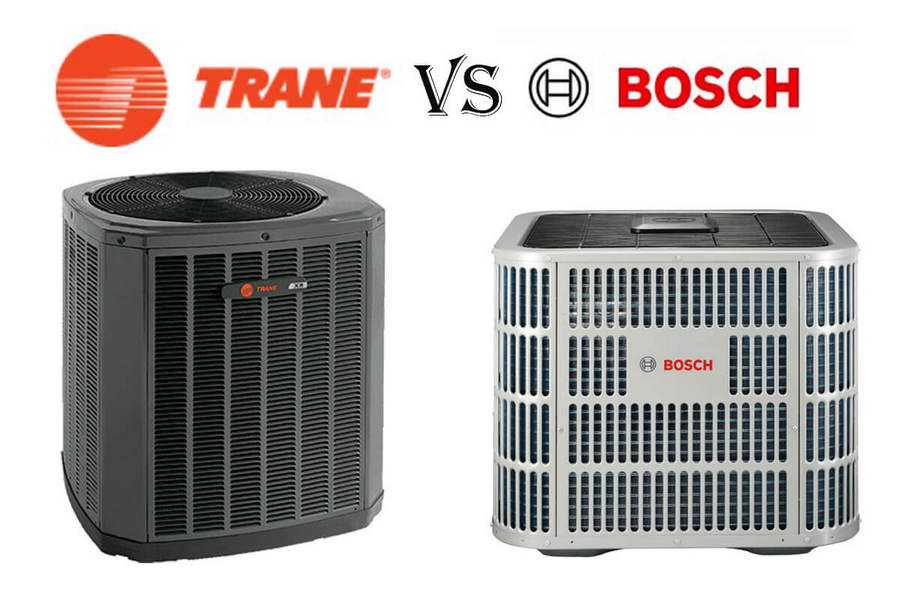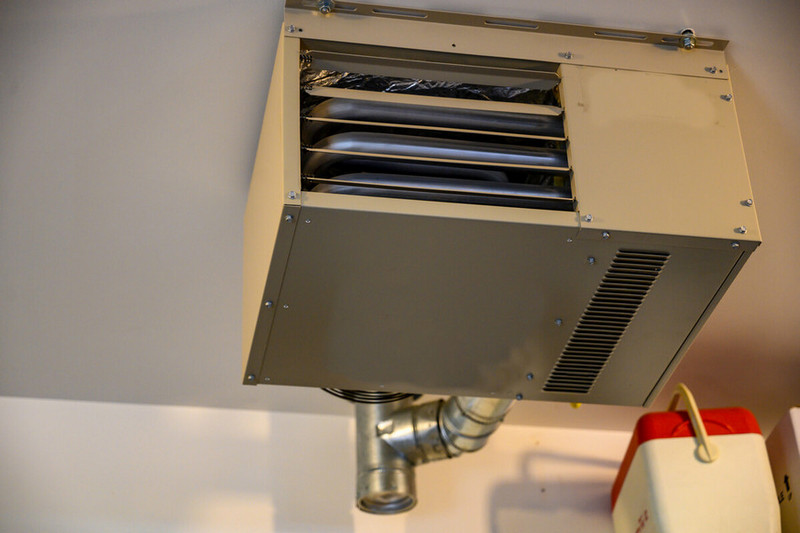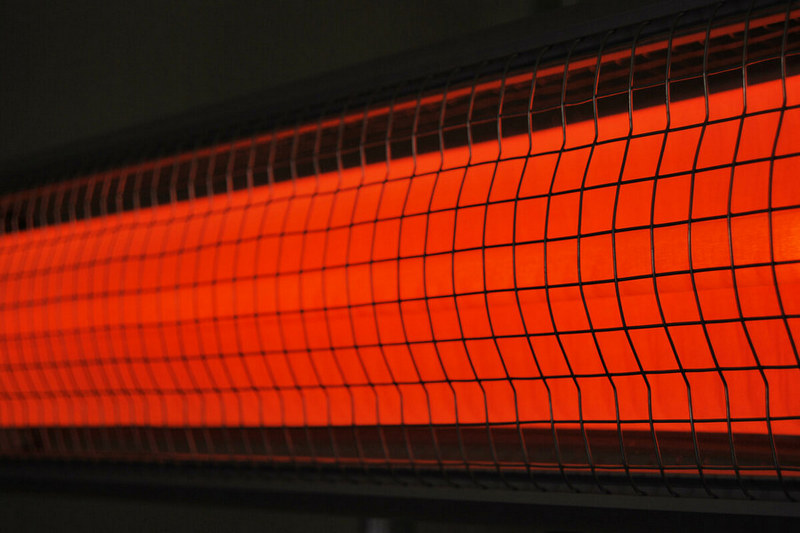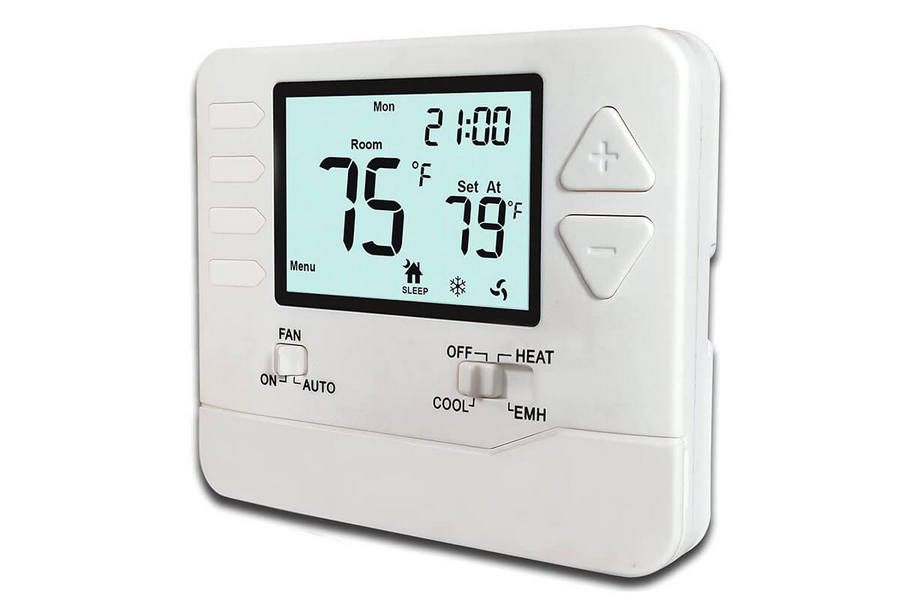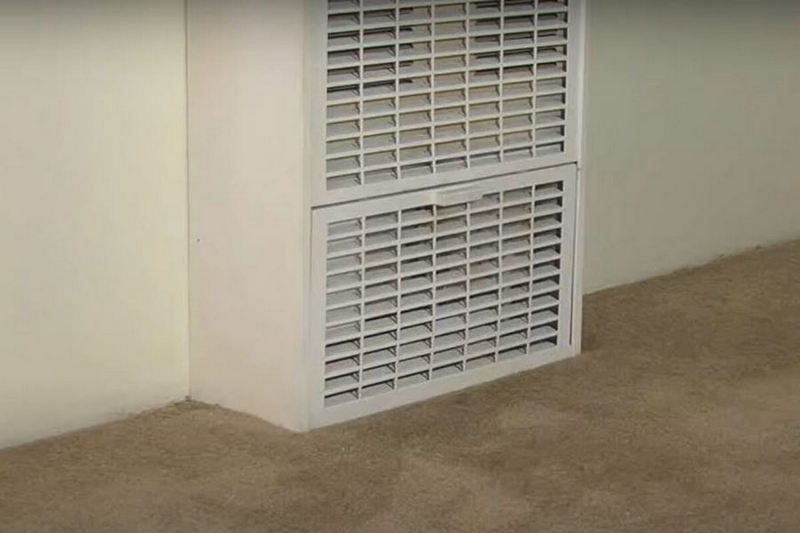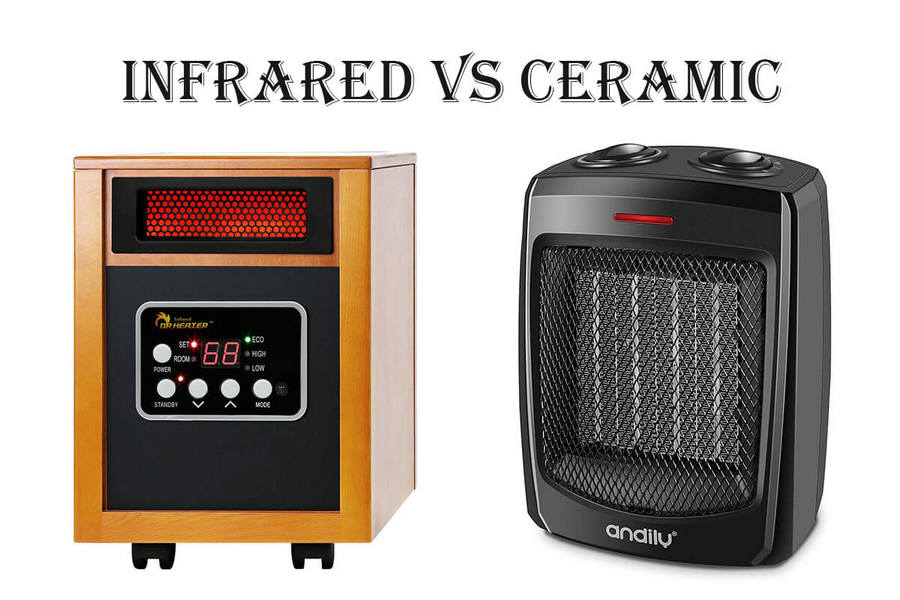Does your heat pump cycle on and off frequently? It can be incredibly frustrating, especially if you’re stuck in a house that’s either too hot or too cold.
Running a heat pump can save you money on your energy bill, but you must ensure it’s running correctly. A question people often ask is how long should a heat pump run? Keep reading to find out!
Heat Pump Three Operation Cycles
A heat pump transfers energy from a colder area to a hotter area. This is done with a refrigerant that goes through three cycles: heating, cooling and defrosting. You can better operate and maintain your heat pump by understanding these three cycles.
Heating Cycle
The heating cycle is one of three operation cycles that a heat pump can use to control the temperature. During the heating cycle, the heat pump moves heat from the outside air into the space that needs to be heated.
The pump absorbs heat from the air and then releases it inside. As a result, the heating cycle can heat a space that is too cold or maintain a comfortable temperature in a room that is already warm.
The length of the heating cycle will depend on the temperature outside and the amount of heat that needs to be moved.
Cooling Cycle
In the cooling cycle, the heat pump transfers heat from the inside of your home to the outside. This is done by using a refrigerant.
Refrigerant is a gas that evaporates at a low temperature and condenses at a high temperature. The heat pump has a compressor that pressurizes the refrigerant. This raises its temperature. The hot refrigerant then flows through coils on the outside of the heat pump.
As the refrigerant flows through these coils, it dissipates heat into the surrounding air. This causes the refrigerant to condense back into a liquid. Then, the now-cool refrigerant flows back into the heat pump, where the process starts again.
Defrost Cycle
In cold weather, the evaporator coils can become covered with ice, which reduces the heat pump’s efficiency. During the defrost cycle, the heat pump reverses its operation, sending warm air into the evaporator coils to melt the ice.
This warm air is then circulated back into the home or business, providing an efficient way to maintain comfort in cold weather. The defrost cycle is one of three essential operation cycles for a heat pump, and it helps to keep the system running smoothly in all types of weather.
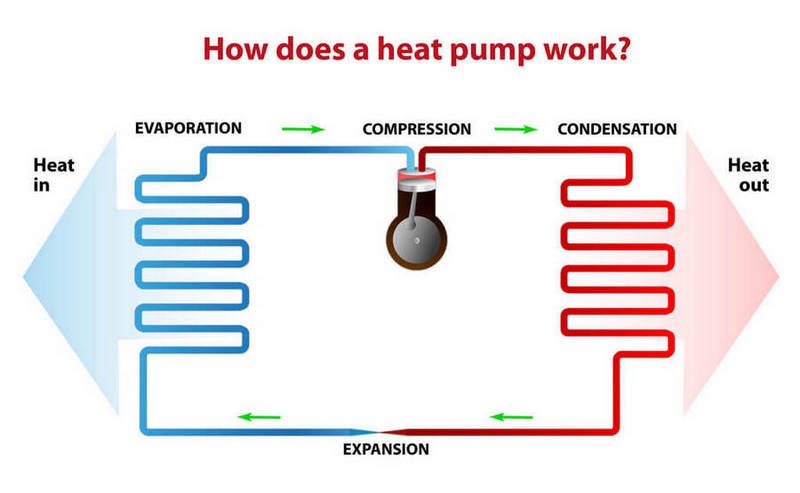
How Often Should A Heat Pump Cycle Turn On And Off?
A heat pump typically cycles for around 15 minutes when it’s in use. With a bit of downtime between cycles, your heat pump will run approximately three times an hour in a mild climate.
The cycle may be shorter or longer depending on the climate you live in and the size of your home. In general, the larger your home, the longer the cycle will be.
If you live in a climate with extreme temperatures, your heat pump will also cycle more frequently. For example, in a cold climate, the heat pump may need to cycle every two to three minutes to maintain a comfortable temperature.
Conversely, in a warm climate, the heat pump may only need to cycle every 30 minutes or so. Ultimately, your heat pump will cycle as often as necessary to maintain the desired temperature in your home.
Why Does Your Heat Pump Cycle On And Off Constantly?
It can be annoying when your heat pump starts short cycling. You may not know what is causing the issue or how to fix it. Here we’ll explore some of the likely causes of this problem, and what to do if your unit turns on and off too often.
The Thermostat Is Not Working Correctly
If your heat pump cycles on and off constantly, one possible reason is a thermostat error. If the thermostat is not reading the temperature correctly, it may tell the heat pump to turn on when it’s already on, or to turn off when it’s already off.
This can cause the heat pump to cycle on and off constantly in an effort to maintain the correct temperature. Thermostat errors can be caused by several factors, including dirty sensors, incorrect settings, or a faulty thermostat.
If you suspect that thermostat error is to blame for your heat pump’s constant cycling, you should have a professional look at your system to diagnose the problem.
A Clogged Air Filter
Clogged filters restrict airflow, which causes the heat pump to work harder than it should. This causes the heat pump to overheat, leading to further issues. If you suspect that a clogged air filter is the problem, be sure to check the filter and replace it if necessary.
Additionally, you may need to have your ductwork cleaned if there is an accumulation of dust and debris. With these steps, you can help ensure that your heat pump operates efficiently and doesn’t cycle on and off constantly.
Incorrect Heat Pump Size
A heat pump that is too small for the space it is trying to heat or cool will have to work harder to reach the desired temperature, which can cause it to cycle on and off constantly.
Additionally, a heat pump that is too big for the space will not run long enough to adequately heat the air, which can also lead to cycles of turning on and off.
To avoid these issues, choosing a heat pump that is the right size for the space it will be used in is vital. An HVAC contractor can help you select the correct size for your needs.
Refrigerant Is Leaking
Another potential reason your heat pump may be cycling on and off constantly is due to a refrigerant leak. If there is not enough refrigerant, it will cause the heat pump to work harder to try to reach the set temperature.
This can lead to the heat pump turning on and off more frequently in an effort to reach the desired temperature. In addition, a leak can also cause the system to freeze up, which will also cause it to cycle on and off.
If you suspect a refrigerant leak, it is important to have it fixed as soon as possible by a trained technician. Continuing to run the heat pump with a refrigerant leak can damage the compressor, which is a major component of the heat pump.
Should You Leave Your Heat Pump On All Night?
One of the most common questions homeowners have about their heat pump is whether or not they should leave it on all night. The answer depends on a few factors, including the climate, the size and age of your home, and your personal preferences.
In general, leaving your heat pump on all night is safe if you live in an area with mild winters. This will help ensure your home remains warm and comfortable throughout the night.
If you want it to run continuously during the winter, then you can do this but it’s not very economical. At night we are cozy in our warm beds and don’t need to rely on heating as much. Your heat pump will last longer and have fewer issues if you switch it off at night.
That said, you can have your heat pump run all the time if you want to.
In Conclusion: How Long Should a Heat Pump Run Per Day?
You can keep your heat pump on for as long as you want, but it’s best to keep the thermostat set to a consistent temperature. Fluctuating the temperature can cause the heat pump to run less efficiently and could increase your energy bill.
On average, it should cycle for around 15 minutes three times an hour. This can change depending on conditions, so don’t be alarmed if this varies a little. If your heat pump is short cycling, it’s best to call a technician to fix the problem.


